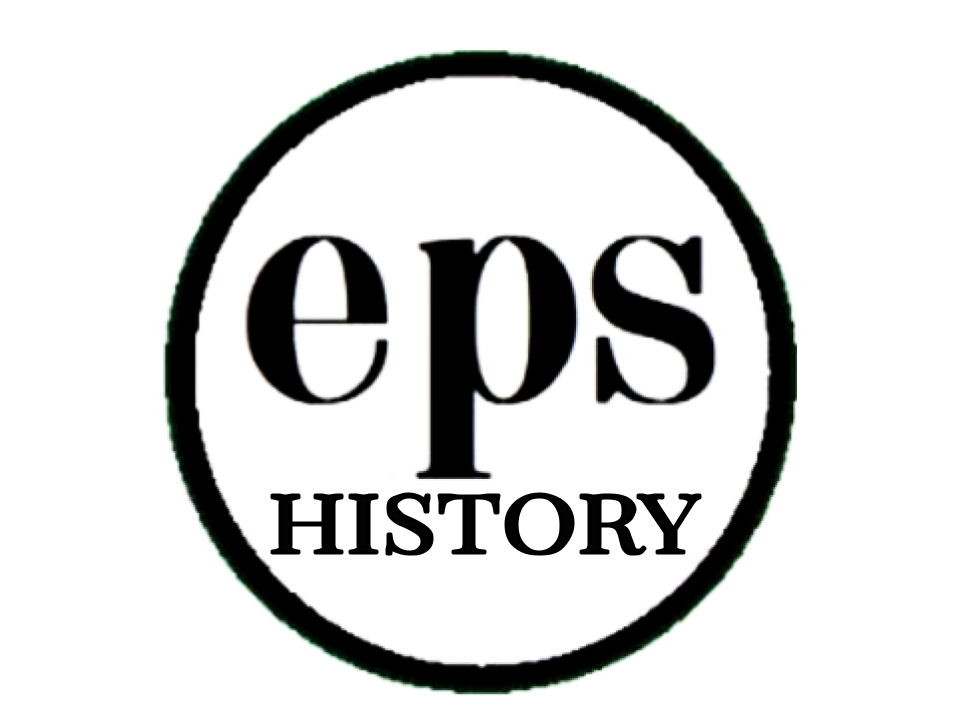Register for this FREE workshop at the bottom of this page
equip educators with tools and methods which will enhance, enrich and energize humanities instruction. The Everything is a Primary Source approach to social studies education was developed to streamline the facilitation of all courses in the field, making it possible to teach any class simply and effectively.
Participants will also contribute to The Everything is a Primary Source Project, starting archive entries through on-the-spot podcasting as part of a competitive primary source game.
The EPS Teacher Workshop will
developed the Everything is a Primary Source (EPS) method out of necessity. With a wide scope of humanities classes assigned every semester over the last 17 years of public high school teaching, the need to plan, facilitate and assess all of them in a uniform manner has made itself apparent. A system has resulted where just three forms are used to teach each course, supported by clear, step-by-step unit guides and culminating with meaningful assessments which connect directly to skills and content practiced throughout the unit.
This practice led to the creation of the Everything is a Primary Source Podcast, a program which is about learning History through Pop Culture. The podcast has evolved into being a public oral history generator, holding Your History Through Pop Culture sessions in a variety of places, from diners to festivals, professional conferences to museums, even virtually! From these exhibits, as well as student success in the classroom, the EPS method has proven to meet and surpass the needs of students, as well as the general public, in the realms of historical literacy, social integrity, and cultural awareness.
Presenter Eric Salmonsen
Session 1: The Everything is a Primary Source pedagogy
9 to 11 am ET
Eric will lead the group in building their own individual unit guide for a class of their choice. Attendees will become familiar with each of the three forms needed to teach using this inquiry-based instructional method, and be provided examples on how to use these with students. Participants should be prepared to focus on a course or unit that they wish to improve delivery on, and will be guided on how to collect both “traditional" and “irregular” primary sources. Samples of necessary forms will be provided.
Refine and supplement your classroom facilitation
Encourage your students’ historical literacy skills
Meet and surpass C3 learning standards
Session 2: Integrating Primary Sources into Formative and Summative Assessments
11:30 am to 1:30 pm ET
Construct useable, rigorous, and meaningful assessments
Learn how to identify and address gaps in critical thinking skills among your students
Attending the first session is helpful, but not necessary, in order to take part in the second segment where in-class activities, quizzes and unit tests will be modeled and explained. Just as with the morning workshop, teachers should have a particular course and unit in mind for this part so as create resources specific to their classes.
Session 3: History through Pop Culture—building the EPS Project
2:00 to 4:00 pm ET
Contribute to the building of an educational resource
Put the SOCIAL back in social studies, and have FUN taking part in a professional development workshop!
The assembled group will take part in a pop culture primary source identification challenge based on the example unit guide and primary source analysis form that will turn into an on-the-spot podcast recording with the attendees. These conversations will lay the foundation for entries into the Everything is a Primary Source Project, the innovative oral history archive and teacher resource found in the Classroom section of this website.
Teachers will love this fun approach to professional development, and will be eager to use the innovative techniques in their classrooms!



